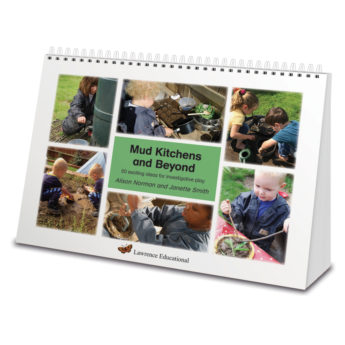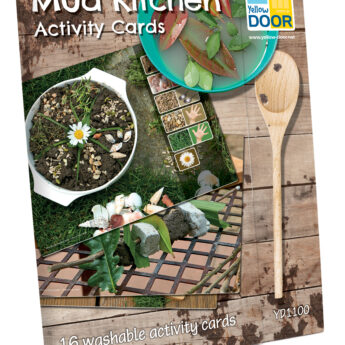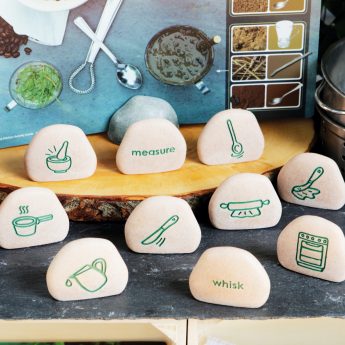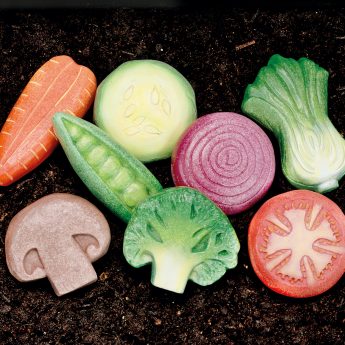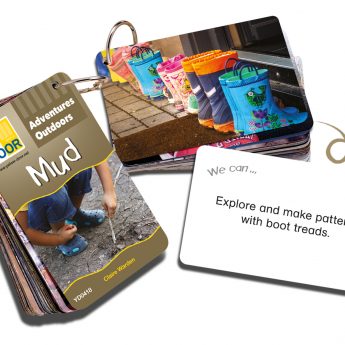Finding meaning in mud
Creating space for a mud kitchen in your setting will have a significant impact on the learning of the children in your care. Here’s our 10 marvelous reasons for muddy play!
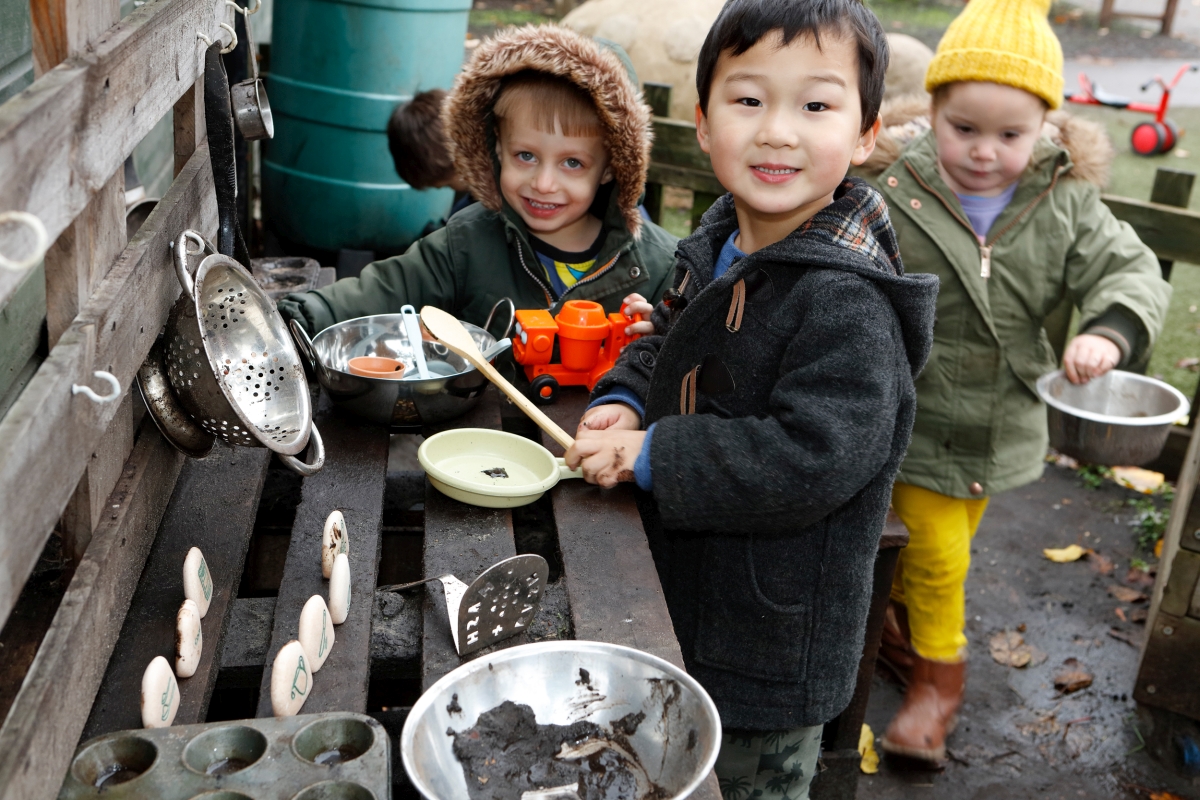
-
It is so much fun!
We know that some of the most effective learning experiences happen when children are engaged and enjoying themselves. Working with mud will be a novelty for many children, especially those who are used to being told not to get dirty or messy, and those who do not have access to nearby outdoor space. Incorporating a muddy area into your setting gives children permission to roll up their sleeves, don their wellies (if needed) and enjoy the sensory pleasure of working with mud. In this relaxed and, for some, liberating environment, fun and thinking will work together in unforeseen and exciting ways.
-
Free to play
Do you sometimes hear an internal voice that suggests you do no more than let children play? Do you have that moment, if only occasionally, of worrying that someone else might think your children are ‘just playing’? If so, tell those voices to pipe down because allowing for purposeful play with new materials is a high-order professional skill. It takes attention to the children, knowledge of their needs and an understanding of how to curate a space for valuable learning to take place. A mud kitchen can be a great space for purposeful play if effectively curated.
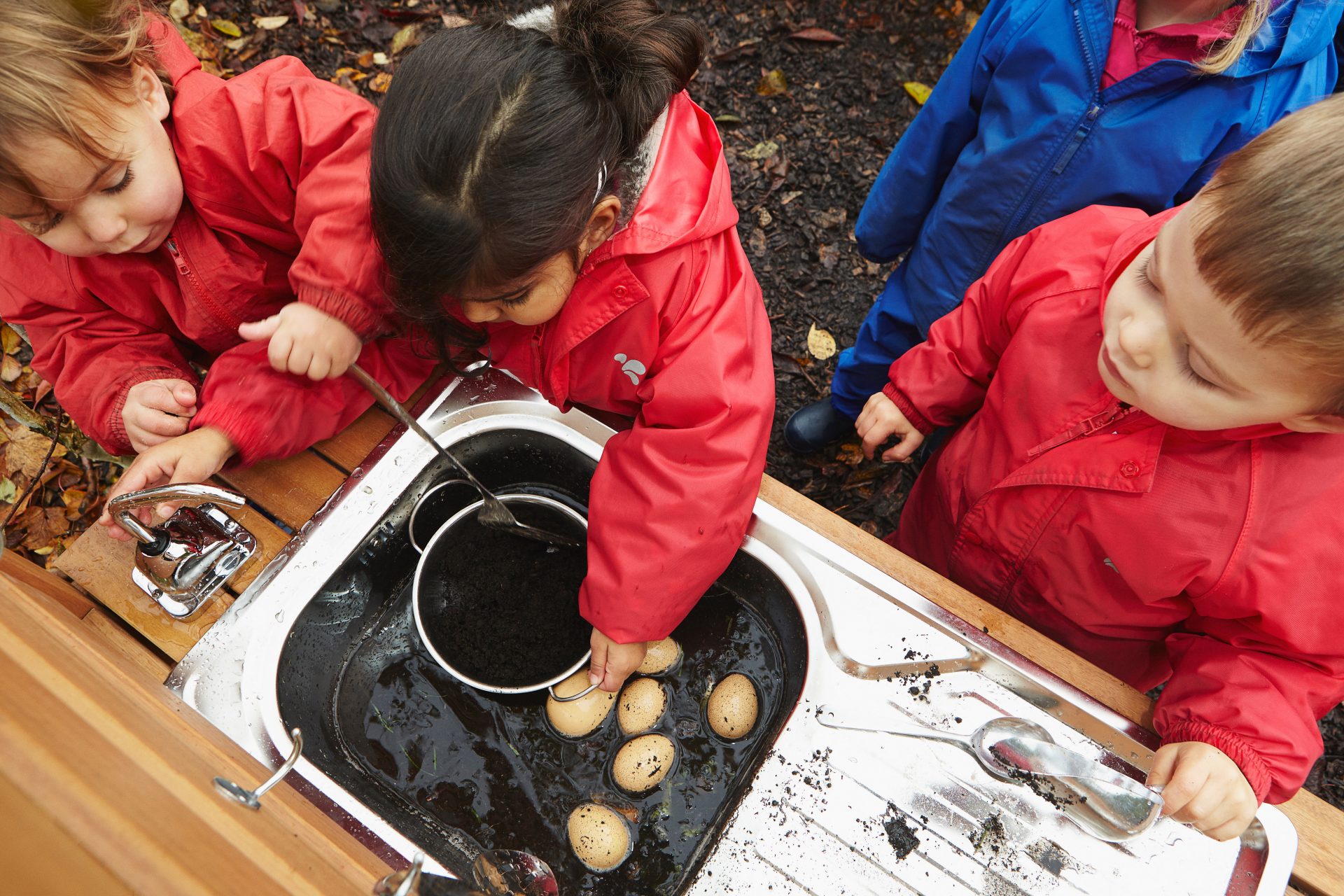
-
The great outdoors
Children get hands on in a mud kitchen. Getting mud between their fingers (and toes) can be a novel experience, one that for some might take time to get used to. However, this tactile engagement brings children in personal contact with the ‘stuff’ of the natural world, understanding and appreciating it more than previously.

By extending such opportunities with thoughtful provocations, this appreciation can be enhanced. Sir David Attenborough said recently that the young of today give him hope for the future of the planet. Those of us who are older have the opportunity to encourage those children we work with to grow to love and care for the world that all creatures share with them.
-
Physical and mental well-being
Experiencing the natural world through all their senses has significant benefits for children’s physical and mental well-being. The tactile experience of feeling and using mud gets them active and involved. As happiness increases, aggression and anxiety levels diminish. Fresh air and sunlight both have beneficial effects on our well-being. Sunlight promotes the production of vitamin D, which releases serotonin in the brain which helps to regulate emotions and moods. Do be aware of protecting children from sunburn. A mud kitchen is a place in which children can assess an activity’s risks and take responsibility for them with supervision.
-
Socially speaking
A mud kitchen provides excellent opportunities for the development of key social skills. As children work together in a muddy café, bake mud pies or create muddy desserts, they are learning how to cooperate, share ideas, negotiate and problem solve. Such skills will benefit the relationships they have, the learning they are involved in, their appreciation of others and their future.
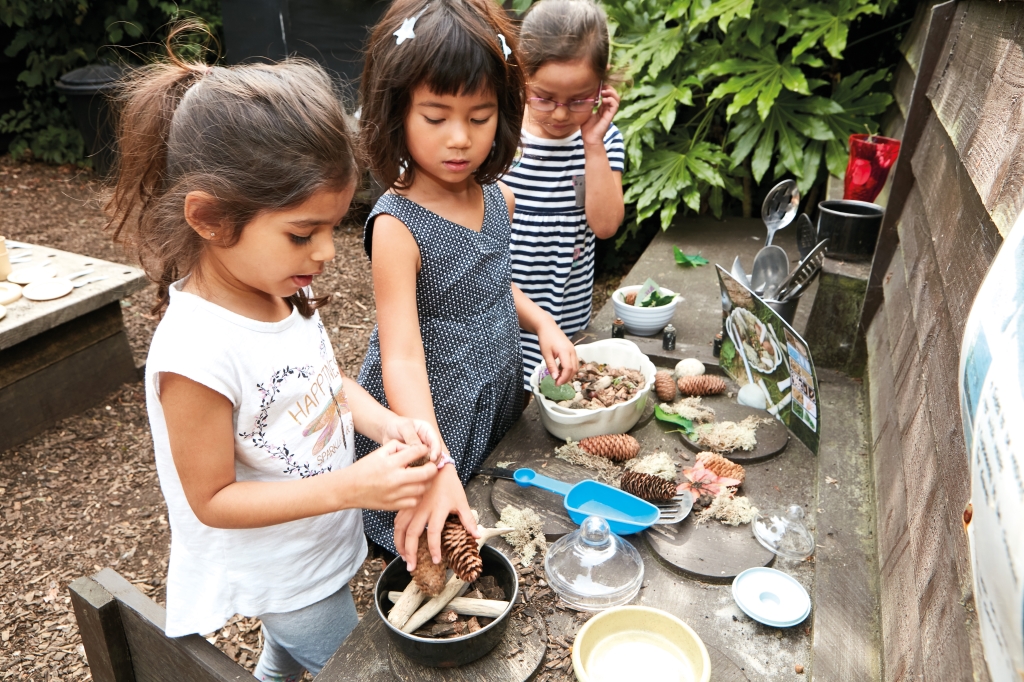
-
Muddy tales
Very few resources are needed in a mud kitchen to fire up children’s imagination, so start small with items you have begged, borrowed or repurposed. These will be more than enough to generate all sorts of imaginative play. Such role play helps children to make sense of the world, and explore and subvert its expectations. It also helps children to develop a sense of narrative, storytelling and characterisation. As time passes, you can enhance your mud kitchen with further resources to enrich children’s experience of creative play and the telling of stories.
-
Nurture curiosity
Albert Einstein, one of the great physicists, spoke of himself as being ‘passionately curious’. Countless discoveries have been made by people who asked ‘Why?’ over and over. Their findings came as a result of their curiosity. Mud kitchens will foster curiosity through the tactile exploration of natural materials, learning, in turn, about their properties, how they can be used and what might result. Stimulating and nurturing a child’s curiosity in this fashion is a gift to them and to their thinking about the ‘Why?’ questions of the future.
-
Do and discover
Mud activities enable children to learn by doing something earthy and tactile. Mud is probably less familiar to many children than you might think. As they use this new medium, they will discover its qualities, attributes and shortcomings. Such discoveries will lead to inventive ways of adapting mud to new purposes. When working in such playful ways, our brains are open to those ‘aha’ moments that spring seemingly out of nowhere. Moving wet mud into the sun enables it to dry and keep the shape it was moulded into is such an example.

-
Let’s investigate
Children will discover a wide range of maths and science questions during their mud kitchen play. In exploring them, they will learn how to problem solve. Many of the activities the children enjoy in the kitchen will lead them to consider how to measure ingredients and discuss what effects different substances have upon each other. Children will develop their questioning skills as they create and bake, learning how to frame their investigations and explain their findings. They will also be able to explore sequencing actions for others to follow, verbally or in another form.
-
Motoring along
Using real kitchen equipment and tools will greatly enhance children’s gross and fine motor skills. You will find plenty of suitable items if you ask parents and carers, visit a local car boot sale or pop into some charity shops. As well as the boost of using ‘proper’ kitchen tools, the added benefits to motor skills are numerous. By stirring, cutting, whisking, crushing, rolling, children will learn new skills, develop hand-eye coordination and gain a greater sense of proprioception – their awareness of their body position and its movements.
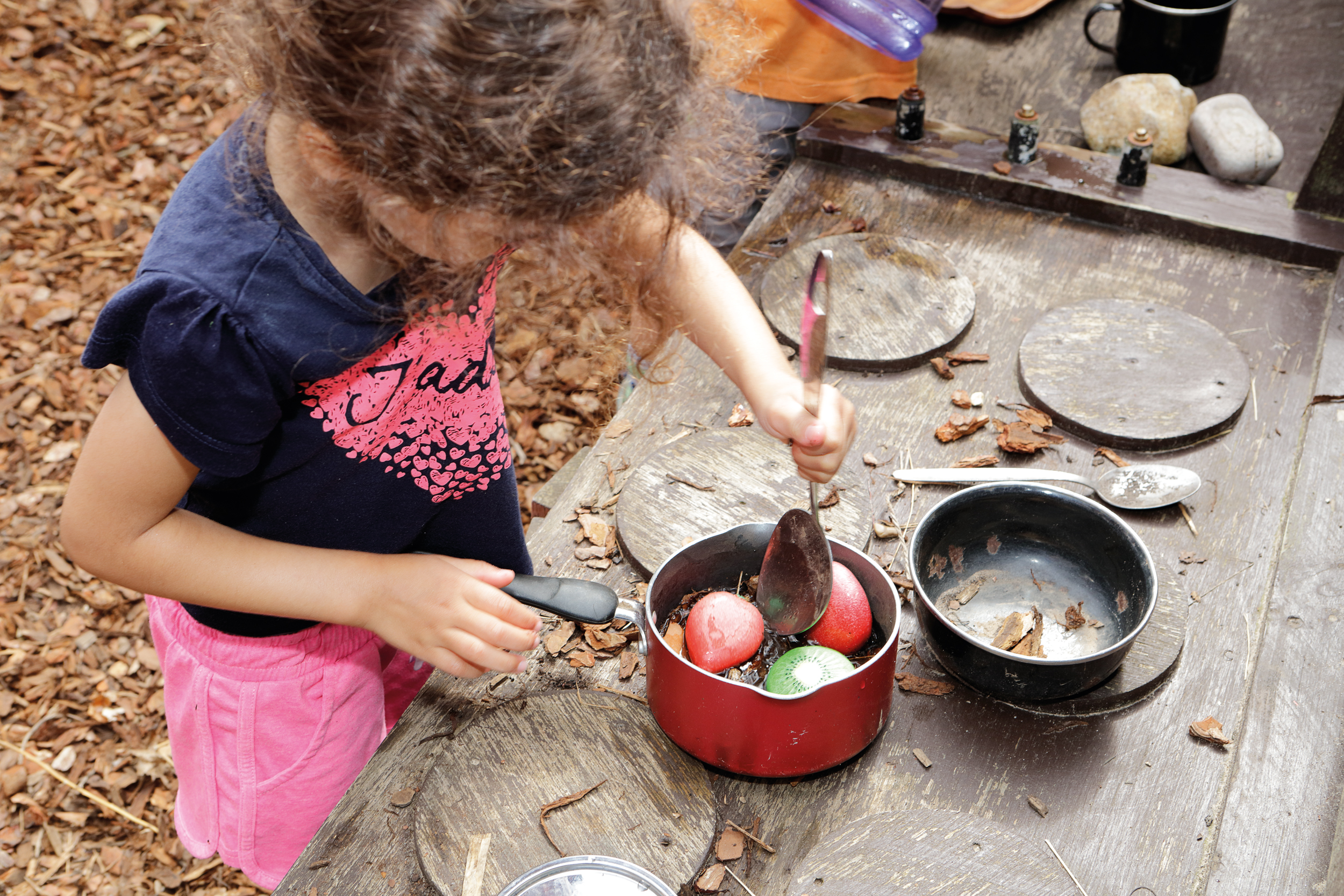
We have an exciting range of Mud Kitchen resources to help you curate your outdoor space.

 Register/Log in
Register/Log in
 Basket
Basket
